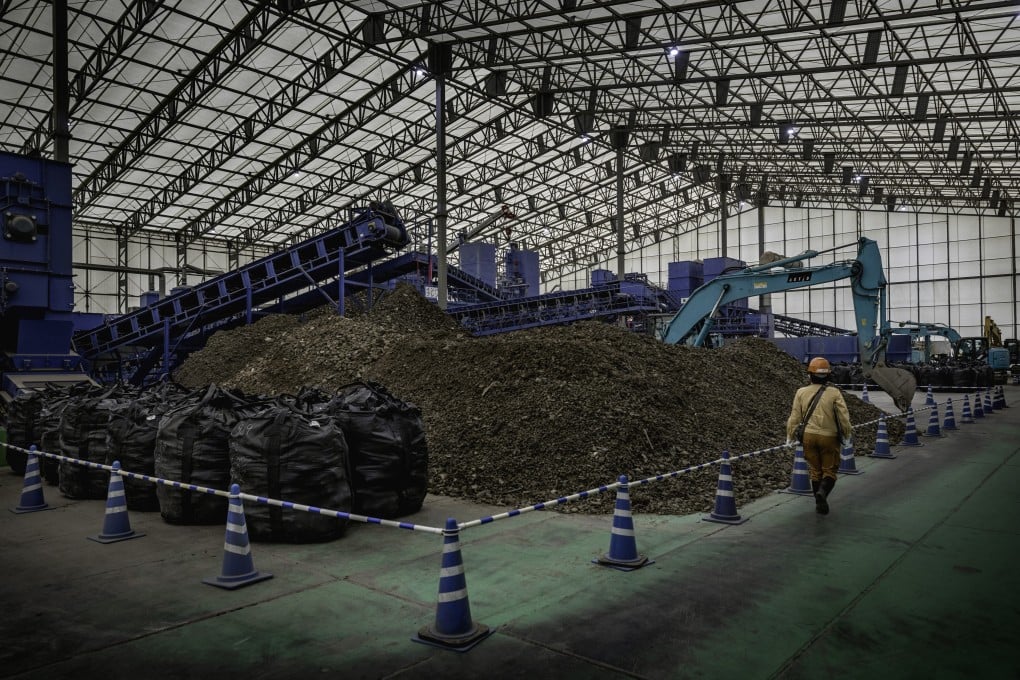Japan’s plan to reuse Fukushima soil for infrastructure gains IAEA support despite concerns
The IAEA claims the soil meets safety standards, but critics argue spreading the contamination is dangerous and could lead to increased cancer risks

Opponents of the project also accuse the Japanese government of taking advantage of waning international concern about the gradual discharge of the plant’s water into the Pacific to accelerate the disposal of the land.
The soil and debris have been collected from thousands of square kilometres of land in northeast Japan that was contaminated after a magnitude-9 earthquake and subsequent tsunami ruptured three of the six nuclear reactors at the site in March 2011, releasing radiation into the atmosphere.
After a 16-month safety review, the IAEA delivered its final report to Environment Minister Shintaro Ito on Tuesday, expressing support for the government’s plans to reuse vast amounts of soil and debris with low levels of radiation contamination. The IAEA study included examinations of the existing interim storage site for the waste and recycling techniques being trialled in Fukushima prefecture.
The report concluded that the recycling and final disposal of the soil were “consistent with the IAEA safety standards.”

Ito said that the agency’s findings are “encouraging,” Kyodo News reported, adding, “The government will continue its efforts, fully considering the report’s findings, to promote more effective management, recycling and final disposal of the removed soil in the future.”